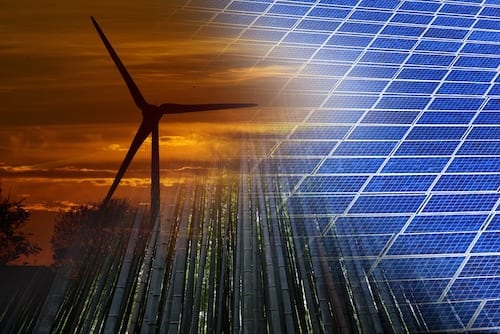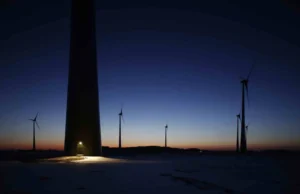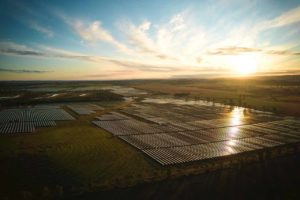
Speaking in Adelaide last Saturday at the Festival of Ideas, long-time renewables advocate Mark Diesendorf urged those who care about climate change to go further than installing solar panels and voting and join pressure groups.
He pointed to the recent efforts in Queensland to disincentivise the owners of rooftop solar for selling their excess energy back to the grid.
This was defeated by concerted campaigning by groups which held meetings in marginal seats, often attended by more people than were the difference between victory and defeat for the prospective MPs.
Diesendorf asked the audience to imagine if these groups, such as Solar Citizens and others, had not just a few hundred thousand members but instead two million – with the concomitant political pressure they would wield.
So, more than voting, said Diesendorf, join a group to help exert pressure and resist those who want to slow or stop the energy transition.
This call to arms came in response to a question in which Diesendorf had been asked to imagine Australian politics a year from now, without Abbott or Craig Kelly, and with a Federal Labor government that had Mark Butler as climate minister: What would incumbents be doing to delay or guide the unstoppable energy transition?
He noted that two powerful unions – the Australian Workers Union and CFMEU – which could be expected to have quite some influence on a future ALP government, albeit less than the influence that industry associations have on the current government.
Some lobbies will want a new coal-fired power station or two, and these will continue to press their case (thus the need for stronger pro-renewables groups).
To standing-room only audience, Diesendorf explained that there were many reasons besides climate change not to like fossil fuels (local air quality, the relatively small number of jobs, water stress).
He explained that – and this is hardly a surprise to readers of reneweconomy – that new technologies were available and affordable (and indeed either already cheaper than fossil fuels or soon to be so.
He tackled the question of whether an electricity provision system based on 100% renewables was possible. He gave a qualified yes, pointing to four different types of energy mix.-
One: Dispatchable REs , big hydro, geothermal (Norway, Iceland, New Zealand, Bhutan, Tasmania)
Two: Variable REs with strong interconnection Denmark (44% wind), Scotland( 68% , from wind mostly), two northern German states ACT is very close
Three: Variable RE purchased from elsewhere and/or installed on site (Google and Apple)
Four: Variable RE with local generation, weak or no interconnection (the Whyalla steelworks etc)
Diesendorf rubbished the National Energy Guarantee, arguing it is designed to prolong the life of coal. For once, Diesendorf said, he agreed with Tony Abbott, albeit for completely different reasons, that we’d do better without the NEG.
Diesendorf also took time to perform some myth-busting on the favourite talking points of Newscorp and so-called conservative politicians, around ‘baseload can only be provided by coal’ and ‘renewable energy requires enormous amounts of expensive storage’
He pointed to recent academic work in the journal Renewable Energy on the question of
“Modeling the carbon budget of the Australian electricity sector’s transition to renewable energy” (see also his Conversation article on this here)
Alongside this potentially dry work, Diesendorf was also keen that the audience take the time (two and a half minutes) to watch the spoof “Honest government advert on renewable energy policy.”
There were other sessions at the Festival of Ideas that tackled climate change (for example, the excellent presentation by environmental historian Tom Griffiths), but Diesendorf’s packed the greatest punch.










